Overview
On 20 August 2025, the Minister for Disability and the NDIS, The Hon Mark Butler MP, announced in a speech at the National Press Club in Canberra that the Australian Government will introduce, from 1 July 2026, a new program called “Thriving Kids”. The program will support children aged up to 8 years with developmental delay and/or disability who have low to moderate support needs.
Once Thriving Kids is fully implemented (expected to be in mid-2027), this cohort of children will be moved out of the NDIS. However, children with permanent and significant disability will remain in the NDIS.
While the Australian Government has committed $2 billion over 5 years (from 1 July 2026) towards Thriving Kids, state and territory governments are yet to announce their financial (or other contributions) to it. Indeed, details of the program remain scant; it seems very much a “work in progress”.
The purpose of this article is to outline the work currently underway to develop Thriving Kids, and how you can contribute to it.
Parliamentary Inquiry
On 2 September 2025, Minister Butler referred an inquiry into the “Thriving Kids” initiative to the House Standing Committee on Health, Aged Care and Disability. The Committee is chaired by Dr Mike Freelander, a Labor MP.
The Committee’s Terms of Reference include:
- Examine evidence-based information and resources that could assist parents identify if their child has mild to moderate development delay and support parents to provide support to these children.
- Examine the effectiveness of current (and previous) programs and initiatives that identify children with development delay, autism or both, with mild to moderate support needs and support them and their families (with a focus on community and mainstream engagement).
- Identify equity and intersectional issues, in particular, children who identify as First Nations and culturally and linguistically diverse.
- Identify gaps in workforce support and training required to deliver Thriving Kids.
- Draw on domestic and international policy experience and best practice.
- Identify mechanisms that would allow a seamless transition through mainstream systems for all children with mild to moderate support needs.
To gather relevant feedback, the Committee is inviting interested members of the public to complete a survey by Friday, 10 October 2025. The Committee is still accepting submissions. Its next public hearing will be held in Canberra, also on Friday, 10 October 2025.
Advisory Group
To support development of the program, Minister Butler also established an Advisory Group, co-chaired by himself and Professor Frank Oberklaid from the Murdoch Children’s Research Institute.
The Group, which met for the first time on 30 September 2025, comprises experts from a range of fields including paediatrics, child development, research, disability, child and family services, health care, early education and schools, and First Nations perspective. Two state and territory government representatives will also join the Group to contribute and territory service system perspectives.
Its Term of Reference outline the below thee “rapid phases” of the Group’s work, expected to be completed between September and December 2025:
- The Group will discuss work undertaken to-date and explore findings from other reviews, analysis, frameworks and evidence-based literature to support collective understanding of the service system, and any gaps, for the in-scope cohort.
- The Group will provide initial advice on key components of a model for delivery of Thriving Kids across Australia. The Group will work to refine the model or models and program landscape and consider other inputs and evidence.
- The Group will finalise its advice. This may cover proposed service models/service scope, outcomes monitoring/evaluation, implementation considerations, cohort considerations, commissioning and advice related to communication/engagement strategies.
Conclusion
As reported in an ABC news article published on 3 October 2025, and acknowledged by Dr Freelander, the Government’s announcement of Thriving Kids has created significant anxiety for parents; they face uncertainty about the future and a potential loss of NDIS are concerned that their child and family will not be adequately supported.
However, parents can rest assured that, for now, nothing has changed and nothing will change until mid-2026 at the earliest.
You can keep up-to-date with developments by visiting the Thriving Kids web site (by the Department of Health, Disability and Ageing) and by subscribing to my newsletter at the Special Voices website.





